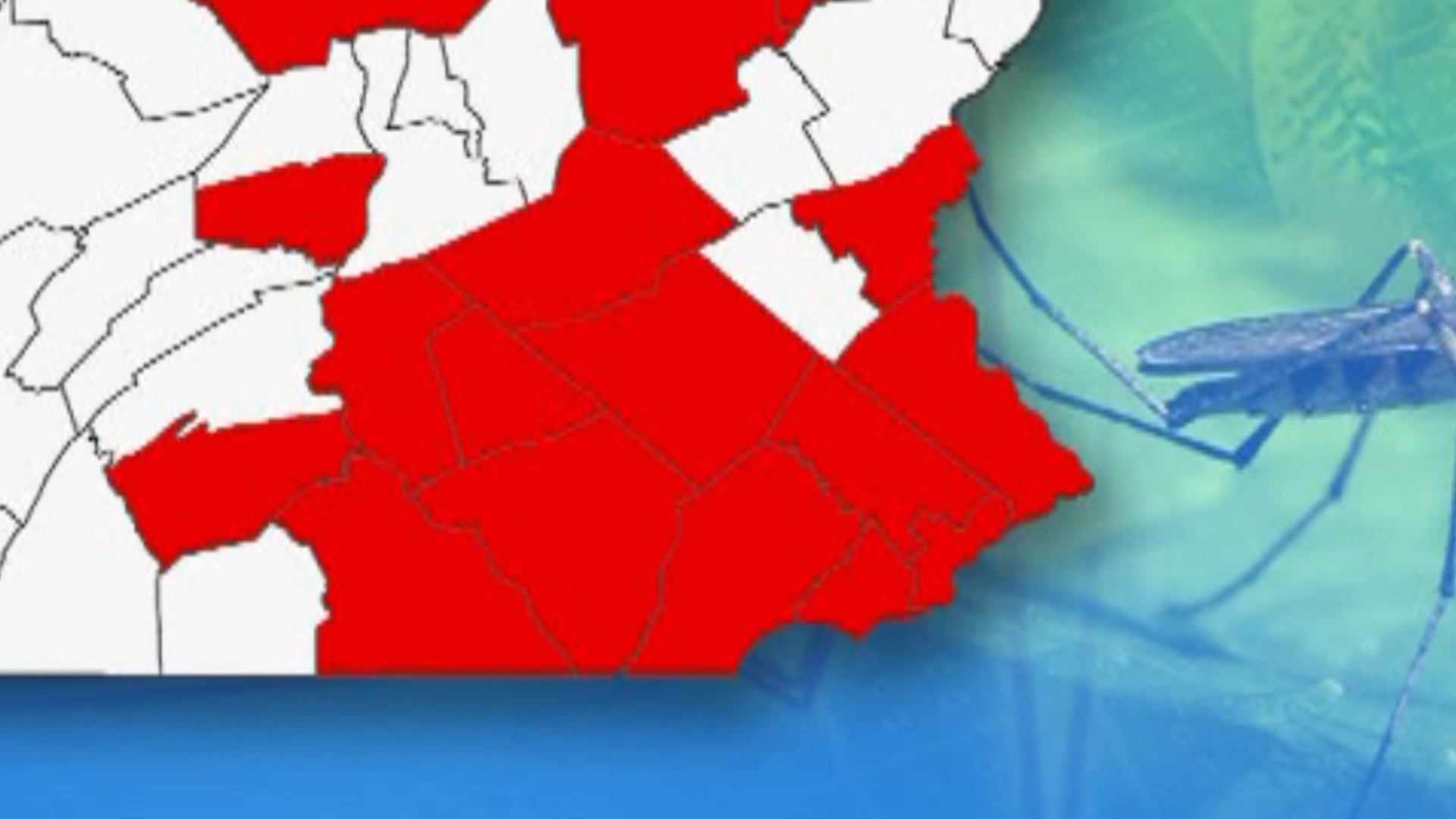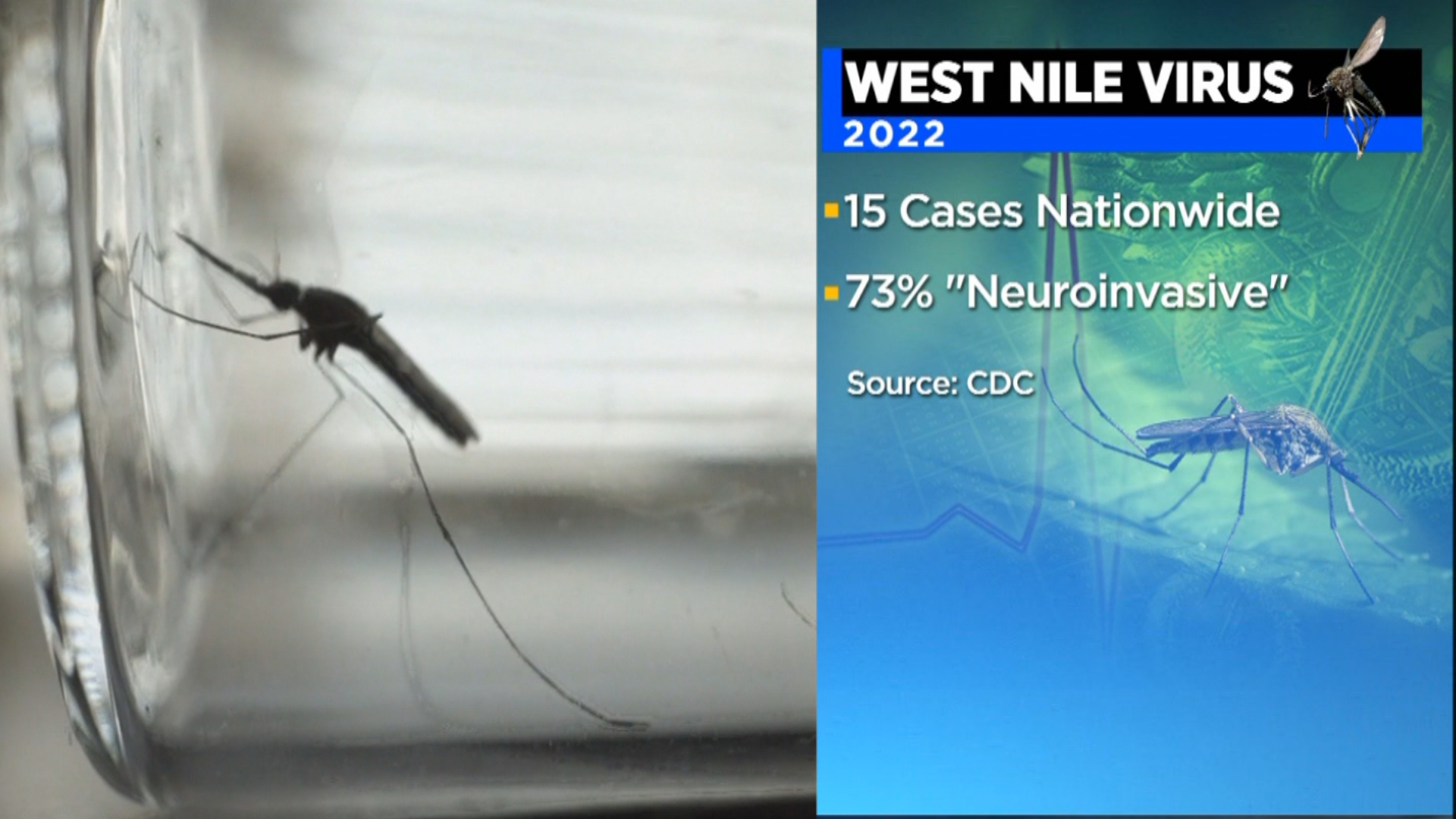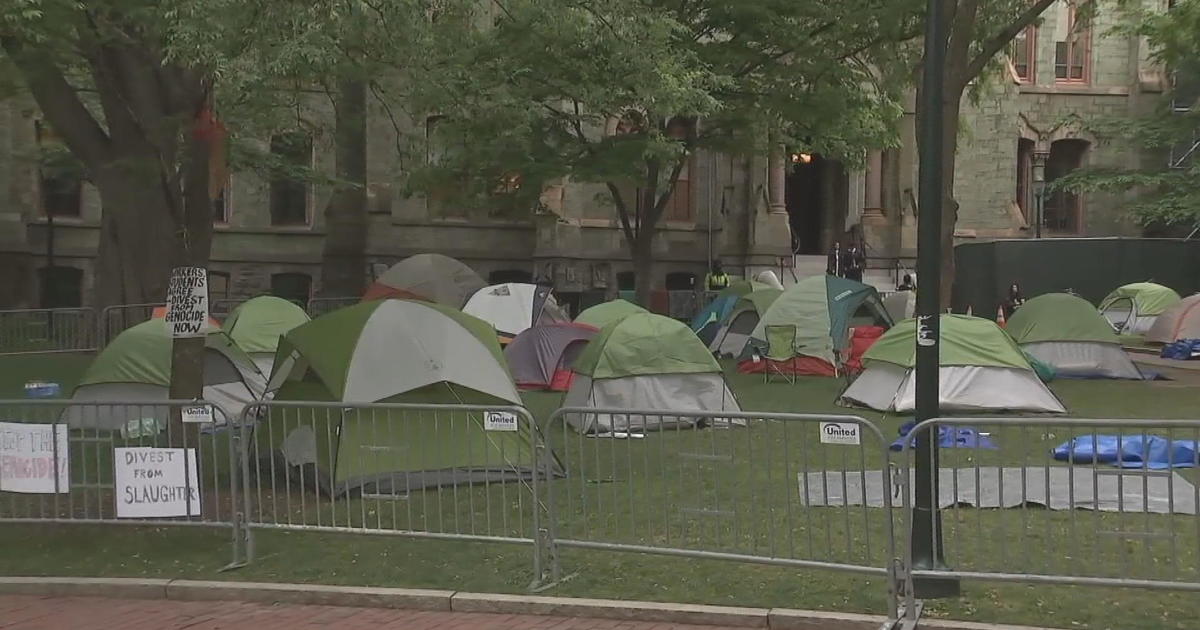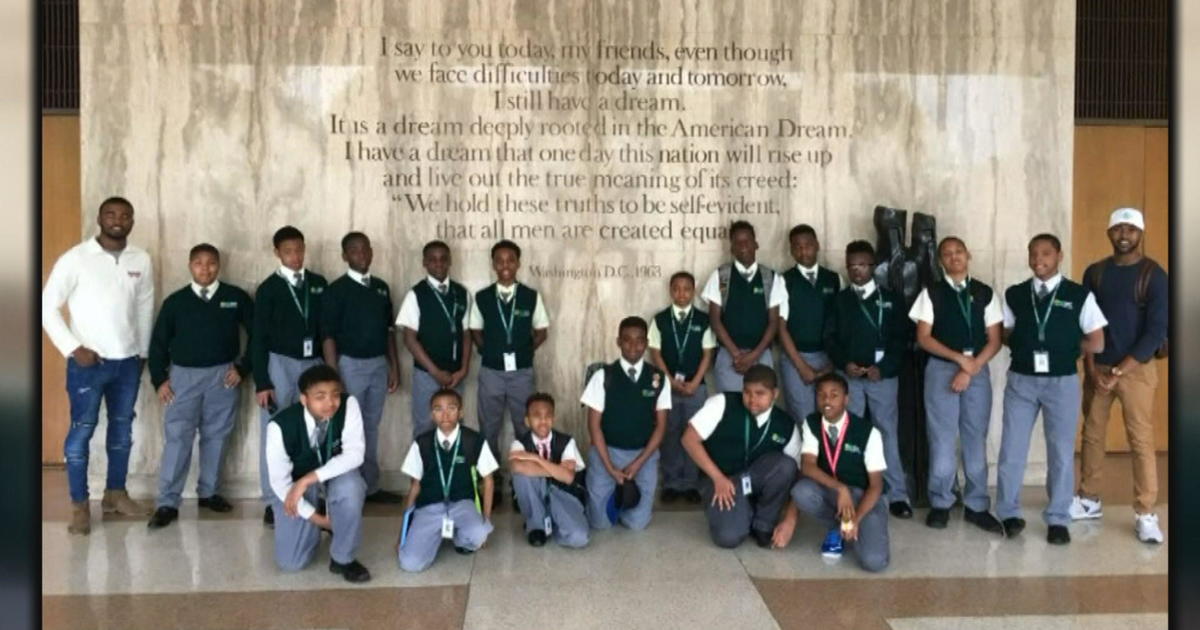How To Protect Yourself After First Human Cases Of West Nile Virus Identified In Pennsylvania
PHILADELPHIA (CBS) -- The first probable human cases of West Nile virus have been identified in Pennsylvania, according to a new alert from state health officials. First COVID-19, then monkeypox and now West Nile virus. Fortunately, this is usually not serious, but cases are expected to grow because infected mosquitoes have been found in many neighborhoods in and around Philadelphia
Summertime and the mosquitoes are biting. They're itchy and annoying, but now, they're also potentially spreading the West Nile virus.
Pennsylvania now has its first probable cases in four counties, including Philadelphia and Lancaster.
"Many people never know they've had it," Dr. Stephen Gluckman said. "Or it's never, even if they get ill, it's never diagnosed because it's a mild viral illness and nobody evaluates them."
Gluckman, an infectious disease specialist at Penn Medicine, says the West Nile virus is rare and symptoms can be flu-like or much worse.
"The issue is, that about every one in 100 to 150 cases can be very serious in that it can cause encephalitis or inflammation of the brain and that often leads to permanent brain damage or occasionally death," Gluckman said.
The most current numbers from the CDC say there have been 15 cases of West Nile virus this year nationwide -- 73% classified as neuroinvasive, involving the brain.
Gluckman says there is no certain group of people most at risk for serious complications.
Since anyone could potentially get a serious case, it's important to guard against mosquito bites. Getting rid of standing water, where they breed, will help and the CDC says people should use insect repellent containing recommended ingredients. Deet is the most popular.
"I do have bug spray at home," Christina McCarthy, a hiker, said. "Maybe I should move that from house to my car so I can have it when we go out on hikes."
Wearing long pants and sleeves can also help keep mosquitoes away, so can limiting time outside during dusk and dawn.
Experts say the mosquito season could last longer this year because of warmer temperatures and more rainfall in many parts of the country.





